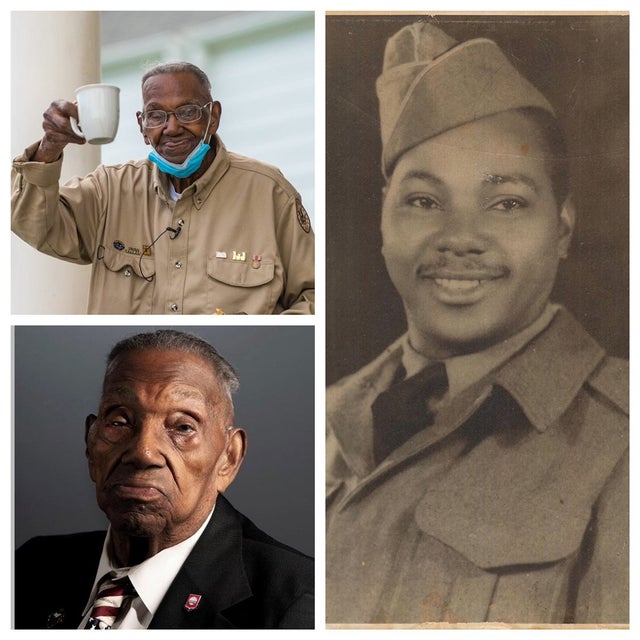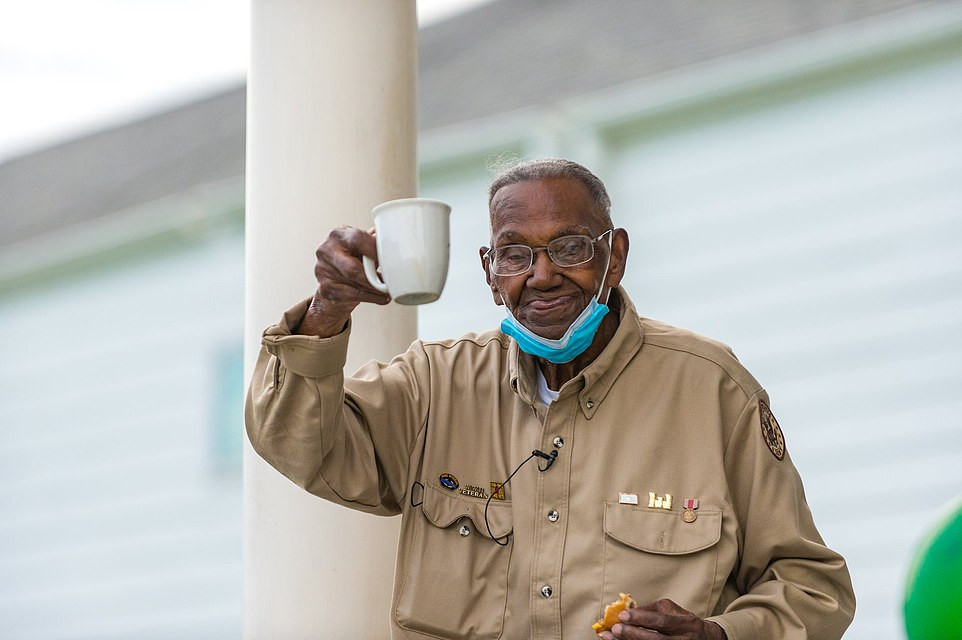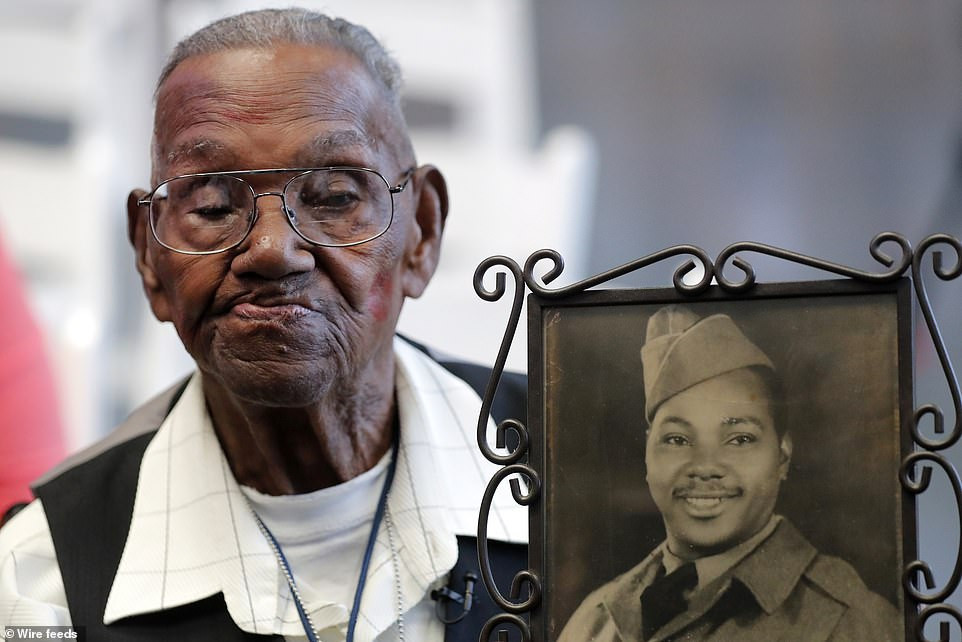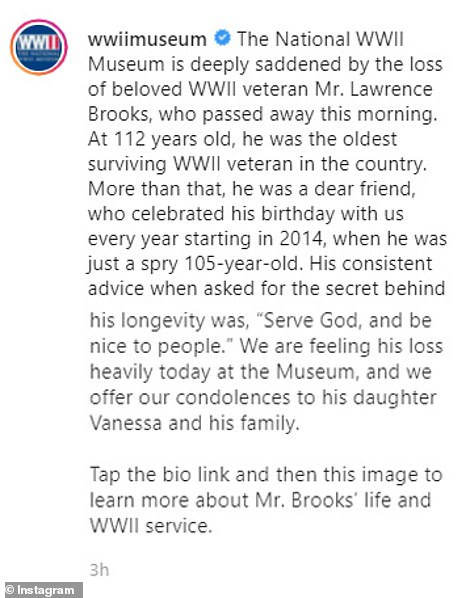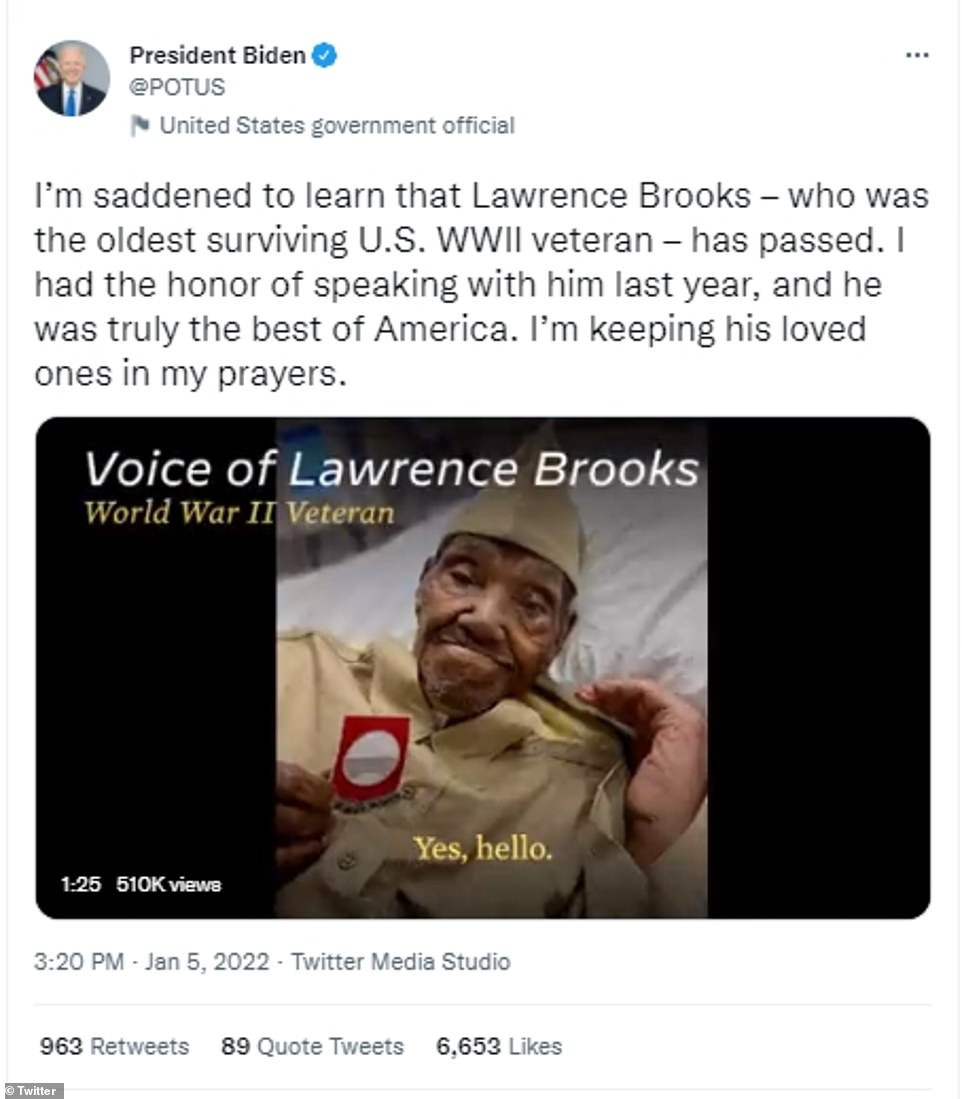
Armed Conflicts, Civil Society, Featured, Global, Global Geopolitics, Global Governance, Headlines, IPS UN: Inside the Glasshouse, Nuclear Energy – Nuclear Weapons, Peace, TerraViva United Nations

Credit: Campaign for Nuclear Disarmament/Henry Kenyon
– On Jan. 3, the leaders of the five nuclear-armed members of the nuclear Nonproliferation Treaty (NPT) issued a rare joint statement on preventing nuclear war in which they affirmed, for the first time, the 1985 Reagan-Gorbachev maxim that “a nuclear war cannot be won and must never be fought.”
The U.S., Chinese, French, Russian, and UK effort was designed in part to create a positive atmosphere for the 10th NPT review conference, which has been delayed again by the pandemic. It also clearly aims to address global concerns about the rising danger of nuclear conflict among states and signals a potential for further cooperation to address this existential threat.
The question now is, do they have the will and the skill to translate their laudable intentions into action before it is too late?
U.S. State Department spokesperson Ned Price hailed the statement as “extraordinary.” A more sober reading shows that it falls woefully short of committing the five to the policies and actions necessary to prevent nuclear war.
In fact, the statement illustrates how their blind faith in deterrence theories, which hinge on a credible threat of using nuclear weapons, perpetuates conditions that could lead to nuclear catastrophe.
The statement asserts that “nuclear weapons—for as long as they continue to exist—should serve defensive purposes, deter aggression, and prevent war.” Yet, such broad language suggests they might use nuclear weapons to “defend” themselves against a wide range of threats, including non-nuclear threats.
Given the indiscriminate and horrific effects of nuclear weapons use, such policies are dangerous, immoral, and legally unjustifiable.
At the very least, if the leaders of these states are serious about averting nuclear war, they should formally adopt no-first-use policies or, as U.S. President Joe Biden promised in 2020, declare that the sole purpose of nuclear weapons is to deter or possibly respond to a nuclear attack.
Even this approach perpetuates circumstances that could lead to nuclear war by accident or miscalculation. The only way to ensure nuclear weapons are never used is “to do away with them entirely,” as President Ronald Reagan argued in 1984, and sooner rather than later.
But on disarmament, the statement only expressed a “desire to work with all states to create a security environment more conducive to progress on disarmament with the ultimate goal of a world without nuclear weapons with undiminished security for all.” This vague, caveated promise rings hollow after years of stalled disarmament progress and an accelerating global nuclear arms race.
A year ago, Russia and the United States extended the 2010 New Strategic Arms Reduction Treaty, but they have not begun negotiations on a follow-on agreement. Meanwhile, both spend billions of dollars annually to maintain and upgrade their nuclear forces, which far exceed any rational concept of what it takes to deter a nuclear attack.
China is on pace to double or triple the size of its land-based strategic missile force in the coming years. Worse still, despite past promises “to engage in the process leading to the total elimination of nuclear weapons,” Chinese leaders are rebuffing calls to engage in arms control talks with the United States and others. The United Kingdom, meanwhile, announced last year it would increase its deployed strategic warhead ceiling.
Fresh statements by the five NPT nuclear-armed states reaffirming their “intention” to fulfill their NPT disarmament obligations are hardly credible in the absence of time-bound commitments to specific disarmament actions.
At the same time, the five, led by France, have criticized the good faith efforts by the majority of NPT non-nuclear-weapon states-parties to advance the 2017 Treaty on the Prohibition of Nuclear Weapons (TPNW). Contrary to claims by the nuclear-armed states, the TPNW reinforces the NPT and the norm against possessing, testing, and using nuclear weapons.
Rather than engage TPNW leaders on their substantive concerns, U.S. officials are pressuring influential states, including Sweden, Germany, and Japan, not to attend the first meeting of TPNW states-parties as observers. Such bullying will only reinforce enthusiasm for the TPNW and undermine U.S. credibility on nuclear matters.
The leaders of the nuclear five, especially Biden, can and must do better. Before the NPT review conference later this year, Russia and the United States should commit to conclude by 2025 negotiations on further verifiable cuts in strategic and nonstrategic nuclear forces and on constraints on long-range missile defenses.
China, France, and the UK should agree to join nuclear arms control talks no later than 2025 and to freeze their stockpiles as Washington and Moscow negotiate deeper cuts in theirs.
Instead of belittling the TPNW, the five states need to get their own houses in order. Concrete action on disarmament is overdue. It will help create a more stable and peaceful international security environment and facilitate the transformative move from unsustainable and dangerous deterrence doctrines toward a world free of the fear of nuclear Armageddon.
Source: Arms Control Today
Daryl G. Kimball is Executive Director of the Arms Control Association, Washington DC.






